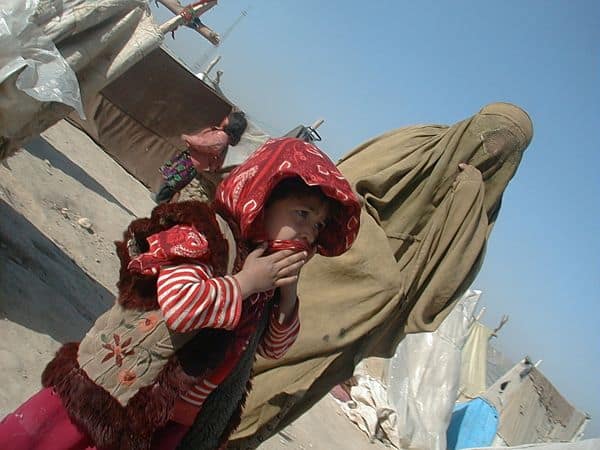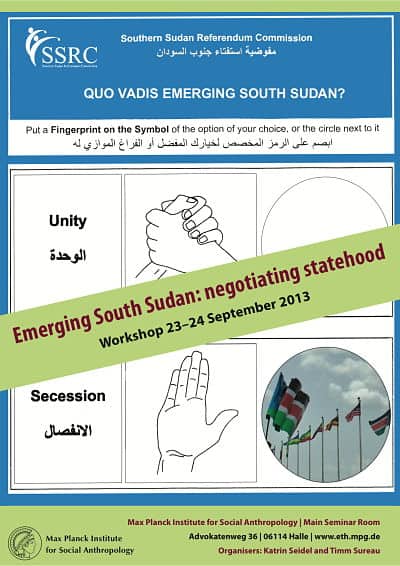Relations and Dependencies, the second Helsinki Knots Symposium, tackled how two disciplines, anthropology and sociology, deal with the interplay between the intellectual and political/economic conditions of their existence.
The day considered, for example, how anthropologists think about money and in what way money might be becoming involved in some of today’s knottiest problems.
Jane Guyer asked: in what currency are the refugees paying for their trip across the Mediterranean? That apparently simple question draws on decades of work that Guyer has done in Africa and elsewhere on the way that the money in people’s pockets entangles them in often unpredictable ways with both structural and ideological elements in the rest of the world.
The day also considered the moment when sociology was separated from anthropology in France (Éric Fassin), and how Lévi-Strauss was deeply implicated in making that distinction; the subsequent implications for an ability to discuss issues of race (previously associated with the word ‘anthropology’ in France) within sociology and anthropology was an unintended consequence of that history. This example neatly demonstrated the way that the disciplinary divisions with which we live are neither fixed across time and space; but it also demonstrated how social and political conditions are deeply implicated in the disciplinary classifications we choose.
The degree to which Facebook makes use of everyone’s data and follows them wherever they may go in the internet was the topic of Beverley Skeggs’ presentation. She powerfully demonstrated how most people voluntarily give up any semblance of privacy, and allow themselves to be disambiguated into categories for the purposes of targeted marketing: we are, it seems, simultaneously whole persons (e.g. we have a particular monetary value in marketing terms), but also bits and parts of persons who are recombined to suit certain kinds of marketing packages. Skeggs also notes how hard it is to find out exactly what Facebook knows, even if the organization insists on knowing everything about you.
The paper brought out strongly how sociology needs to keep up with these new social and structural forms, and also points the way to new potential developments in anthropology.
Finally, Ruben Andersson looked at the strange way in which the crossing of territories has become big business in the world today. While the media are focusing on the numbers of people crossing, and some media are looking at the causes, Andersson used ethnographic techniques to turn his gaze onto the very big and profitable business of monitoring and securing borders, and of handling the flow of people across them. It was an important reminder of the way that we create our own crises, and often make money out of them; it is not simply that an explosion somewhere led to the fleeing of hundreds of thousands of people: it is also that what they encounter in attempts to get from somewhere dangerous to somewhere safer entangles them with a complex set of economic, political and social conditions that need to be understood three dimensionally.

The symposium aimed to explore the way sociology and anthropology form a part of these new forms of existence that they are studying, both conceptually and politically.
In particular, the aim was to explore how both relations between different conceptual approaches, and the conditions of dependency that allow their production and dissemination, affects the political, social or cultural significance of the research that is done.
Keynote speakers
Jane Guyer, Johns Hopkins; “Knots in the Study of Money: Do they strengthen the grip and/or downplay entanglements of the threads?”. Discussant: Turo-Kimmo Lehtonen, Tampere.
Éric Fassin, Paris VIII. “The Great Divide: Sociology, Anthropology, and Race in France since Lévi-Strauss”. Discussant: Soumhya Venkatesan, Manchester
Beverley Skeggs, Goldsmiths London; “A new regime of accumulation? tying in and tying up, tracking relations on Facebook. ” Discussant: Keir Martin, Oslo.
Ruben Andersson, LSE and Stockholm; “Borderline ethnography: thoughts on impact and ethics amid Europe’s ‘refugee crisis’”. Discussant: Marie-Andrée Jacob, Keele
Discussant for Symposium as a whole: Atreyee Sen, Copenhagen.
Organizer: Sarah Green, Professor of Social and Cultural Anthropology, University of Helsinki (sarah.green@helsinki.fi), this year in association with Sociological Review, as part of a wider intellectual project to develop engagement between sociology, other disciplines and the world in which we all live.
Featured Image by Pekka Nikrus (Flikr, CC BY-NC-SA 2.0)



